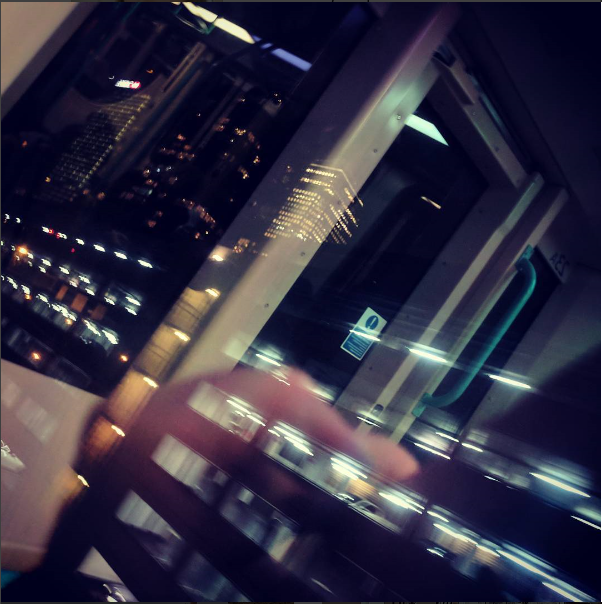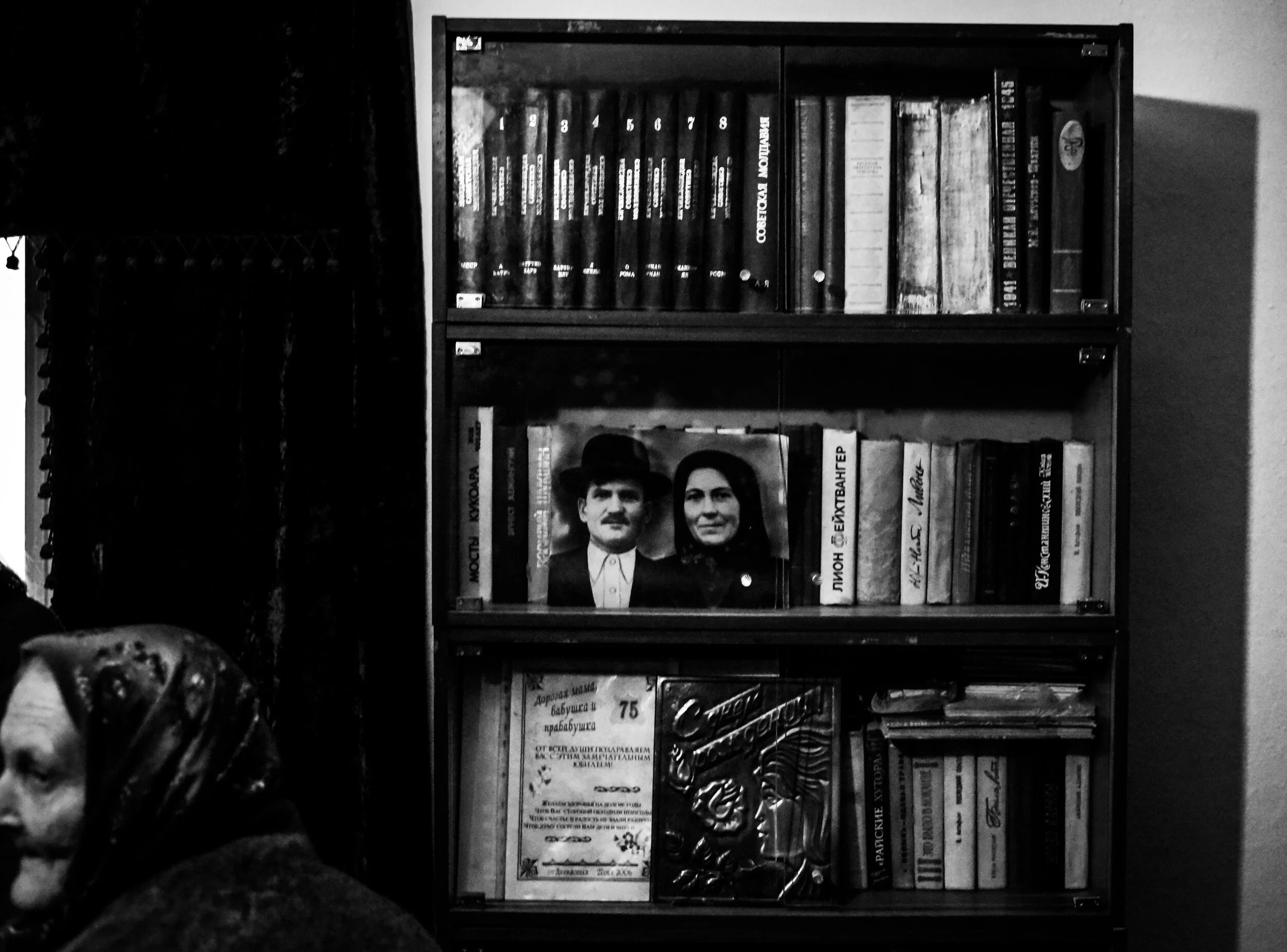
Roselle Park
by Hilary Scheppers
It is early August and I am in New Jersey,
in this backyard, too green,
where my friend reads
a buzz poem called “Follow Him”

Sounds of a City
by Kelsey Farish
With neither friends nor family to meet me at the airport, I stumbled out of a black cab and into central London. It was early September, and I was twenty-three. My two old suitcases had barely survived the transatlantic flight, and were refusing to stay still. They continually found themselves in someone else’s way as I navigated through Victoria Station. I was painfully aware of each inelegant fumble I made over cobblestoned pavement and my awkward hesitations at crosswalks, uncertain of which direction to look for oncoming traffic.

Her Name was Elissar
by Raffi Gostanian
Legend has it that Tunisia was founded in the ninth century BC by a woman. Her name was Elissar (also known as Elissa, or Alyssar). The legend goes roughly like this:According to the Greek historian Timaeus, King Belus of the Phoenician Empire of Tyre (modern-day Lebanon) nominated both his son Pygmalion and his daughter Elissar to be his heirs. Pygmalion, however, was a tyrant; he usurped the throne, killing his sister’s husband and forcing her to flee.

Who Owns the Land?
by Olga Morkova
In March of 2014, a few days after Russia’s illegal annexation of the Crimean peninsula, my mother called to warn me against returning home. A new border between Crimea and Ukraine had been established overnight, and tanks were rolling down the street outside of my parent’s house. As a human rights lawyer and pro-Ukrainian activist, she knew that I would be labeled an enemy of the Russian government. I am now a foreigner in my own home. Ukrainian phone lines stopped working in Crimea soon after, and I could no longer call my parents.
